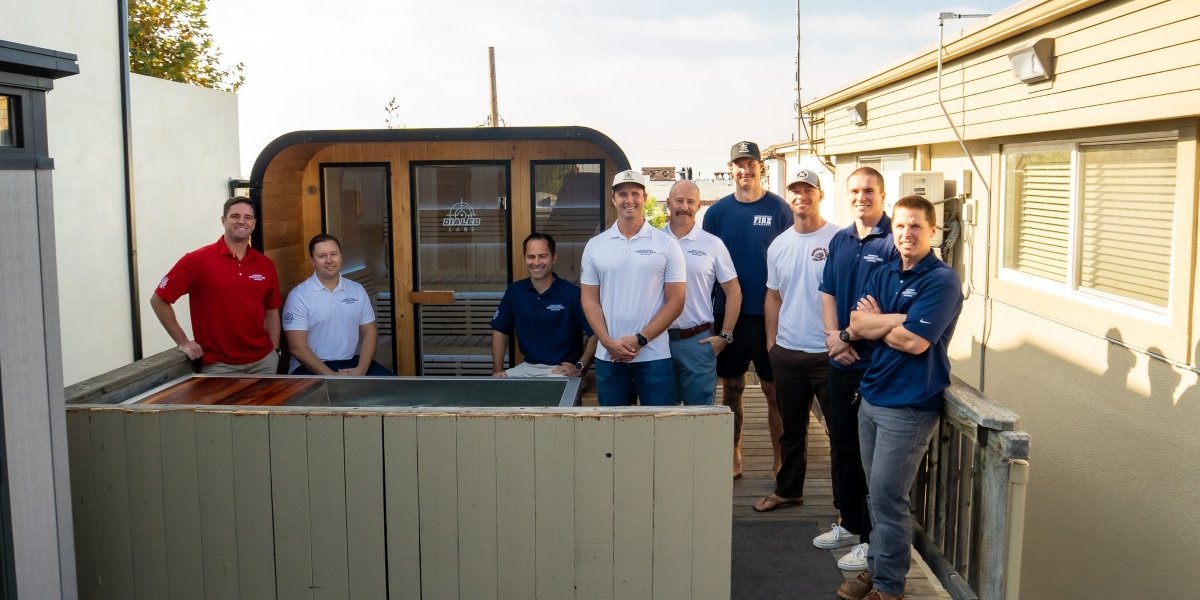Why Sporting Events Matter to California’s Economy
Major sporting events bring together athletes, fans, vendors, and media. These gatherings support economic activity through spending, employment, and tourism. In California, where cities host professional teams, college championships, and international tournaments, the financial impact is broad and measurable.
Events such as football games, basketball playoffs, and track meets attract thousands of visitors. These guests spend on hotels, restaurants, transportation, and entertainment. This spending supports local businesses and helps generate tax revenue.
Sporting events also create temporary jobs. Staff are hired for ticketing, security, concessions, and cleanup. These roles support income for residents and help meet short-term labor needs.
Infrastructure investment may follow. Cities may upgrade stadiums, improve transit, or expand hospitality services. These changes support long-term growth and help attract future events.
The article The Evolution of Sports Commentary: How Arenthous Davon Frazier Is Contributing to Local Sports Journalism highlights how media coverage supports engagement. Commentary and reporting help build interest, which supports attendance and spending.
How Events Affect Local Businesses and Services
Local businesses benefit from increased foot traffic and demand during major sporting events. Restaurants, hotels, and retail stores often see higher sales. Transportation services, including rideshare and public transit, also experience increased use.
Restaurants may extend hours or offer themed menus. Hotels may reach full occupancy and adjust rates. Retail stores may sell team merchandise or event-related items. These changes help boost revenue and support seasonal planning.
Transportation providers may add routes or increase staffing. This helps manage crowds and supports safety. Parking services, shuttle operators, and traffic control teams also contribute to smooth operations.
Service providers such as cleaners, caterers, and technicians may be hired for event preparation and maintenance. These roles support logistics and help maintain comfort for attendees.
Local governments may adjust staffing for public safety, sanitation, and emergency response. These efforts help manage large crowds and support community well-being.
The ripple effect of spending supports multiple sectors. Even businesses not directly tied to sports may benefit from increased visibility and customer flow.
What Long-Term Benefits Events Can Create
Major sporting events may lead to long-term benefits through tourism, branding, and infrastructure. These effects help support sustained economic activity and community development.
Tourism may increase after events. Visitors who attend games may return for vacations or recommend the area to others. This supports future spending and helps maintain hospitality services.
Branding helps cities gain recognition. Hosting a championship or tournament may raise a city’s profile. This visibility supports investment, business relocation, and cultural engagement.
Infrastructure improvements may support future use. Upgraded stadiums, transit systems, or public spaces help serve residents and attract future events. These changes support comfort and accessibility.
Community programs may grow. Events often include youth clinics, school visits, or cultural showcases. These efforts help build connection and support local pride.
Data collection helps guide planning. Tracking attendance, spending, and feedback helps cities refine strategies. This supports efficiency and helps align future events with community needs.
Supporting Sustainable Growth Through Sports
Supporting sustainable growth through sports involves planning, collaboration, and reflection. These steps help maintain benefits and reduce disruption.
Planning includes budgeting, staffing, and logistics. Clear goals and timelines help manage resources and support smooth execution. This structure helps reduce waste and support comfort.
Collaboration includes working with businesses, schools, and residents. Sharing information and gathering input helps align efforts. This connection supports trust and reduces conflict.
Reflection helps guide improvement. Reviewing outcomes, challenges, and feedback helps refine future events. This process supports learning and helps maintain relevance.
Policy supports balance. Zoning, permits, and safety regulations help manage crowds and protect resources. These rules support fairness and reduce risk.
Major sporting events support California’s economy through spending, employment, and visibility. With thoughtful planning and community engagement, these events can continue to support growth and connection across cities and regions.
Internal Links Used
The Evolution of Sports Commentary: How Arenthous Davon Frazier Is Contributing to Local Sports Journalism








